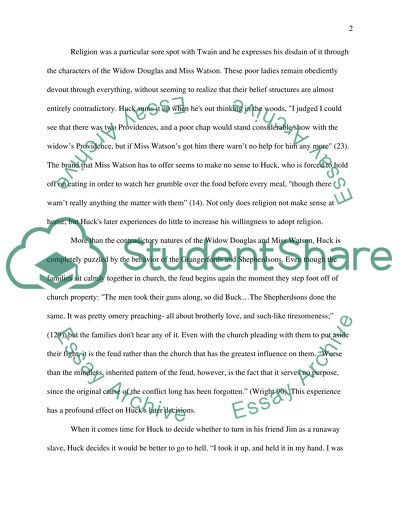Cite this document
(“The Hypocrisy of Civilized Society as a Major Theme in Huckleberry Research Paper”, n.d.)
Retrieved from https://studentshare.org/english/1497129-the-hypocrisy-of-ypcivilizedy-society-as-a-major
Retrieved from https://studentshare.org/english/1497129-the-hypocrisy-of-ypcivilizedy-society-as-a-major
(The Hypocrisy of Civilized Society As a Major Theme in Huckleberry Research Paper)
https://studentshare.org/english/1497129-the-hypocrisy-of-ypcivilizedy-society-as-a-major.
https://studentshare.org/english/1497129-the-hypocrisy-of-ypcivilizedy-society-as-a-major.
“The Hypocrisy of Civilized Society As a Major Theme in Huckleberry Research Paper”, n.d. https://studentshare.org/english/1497129-the-hypocrisy-of-ypcivilizedy-society-as-a-major.


